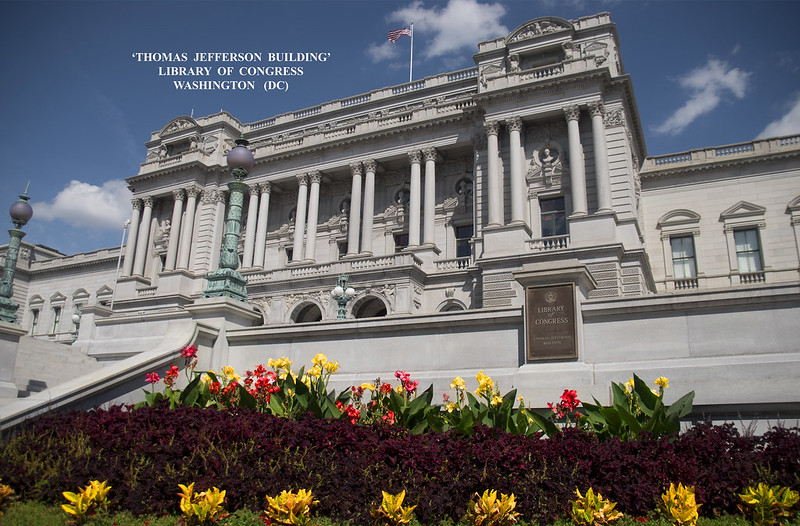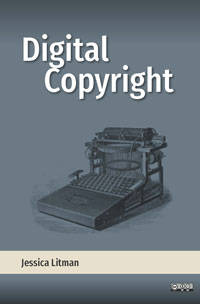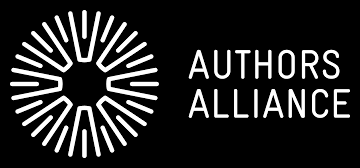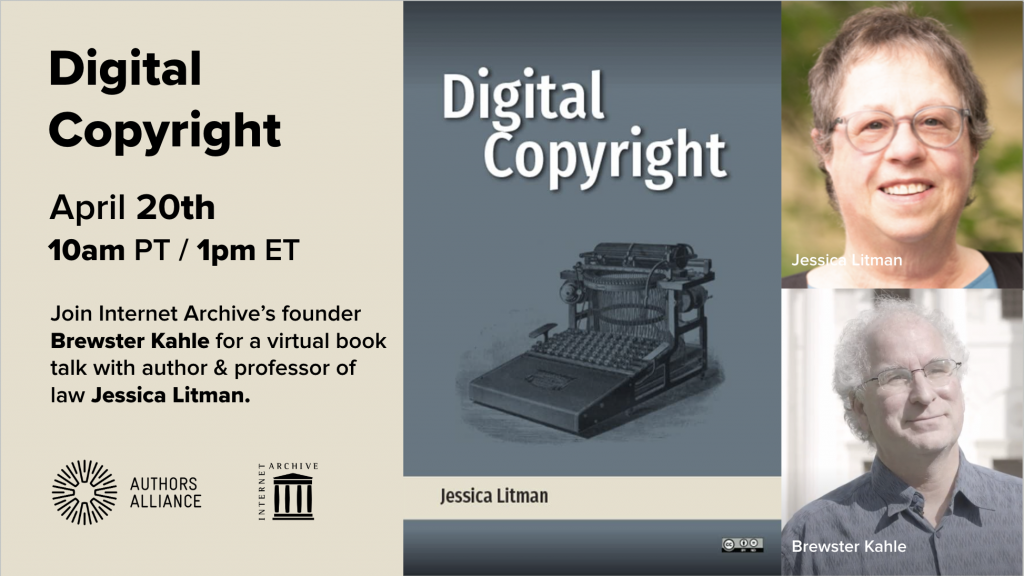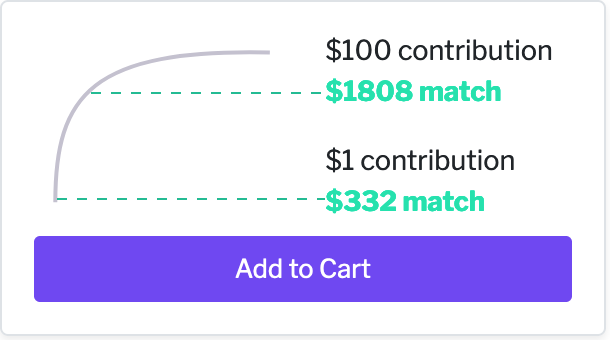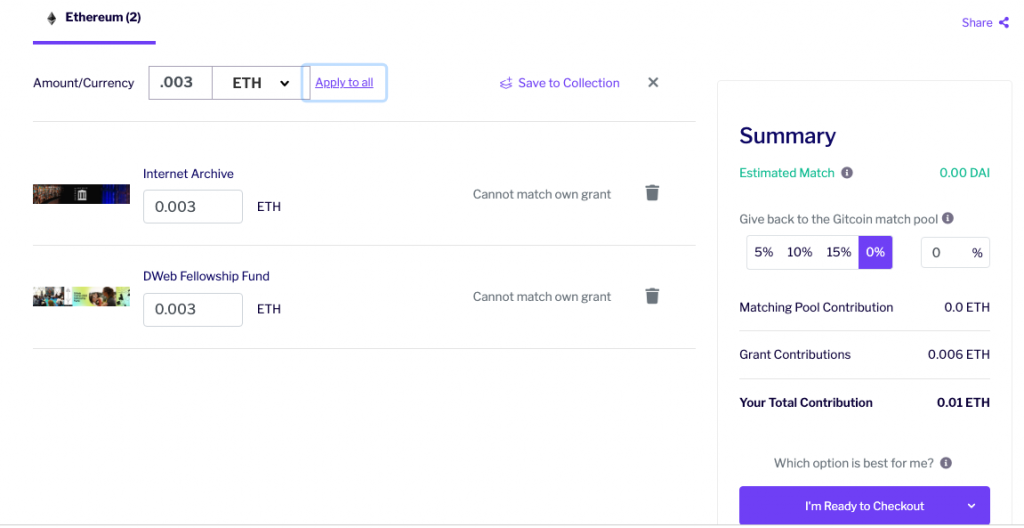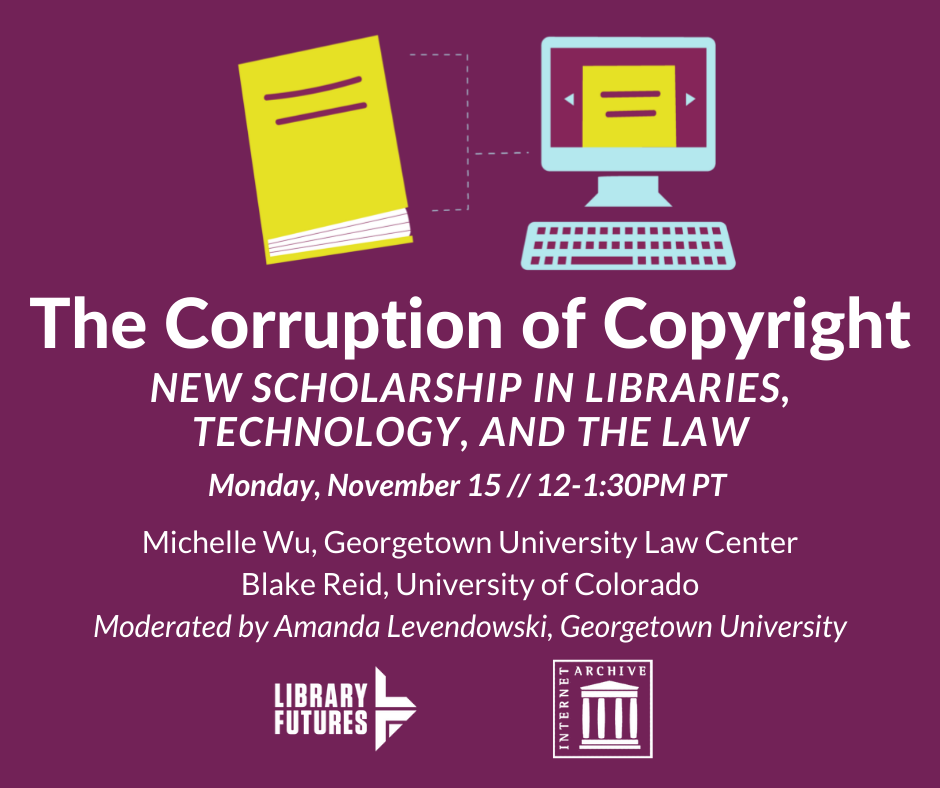
Last week saw a massive outpouring of support for the Internet Archive and our legal positions from prominent library and nonprofit organizations, as well as hundreds of librarians and academics, who filed amicus (“friend of the court”) briefs in the Hachette v. Internet Archive Second Circuit appeal. Read on to learn why they believe our appeal should succeed.
American Library Association and Association of Research Libraries. This brief supports the Internet Archive’s position that our use of Controlled Digital Lending is a nonprofit educational use rather than a “commercial” one, and urges the Court to consider the broader impact its decision will have on a host of everyday library practices that rely on fair use. “Libraries rely on fair use at every step in a typical digital preservation workflow, from cataloging to access.” Read the full brief here.
Authors Alliance. This brief voices the strong support of authors for the Internet Archive and controlled digital lending. “Authors want and need libraries to purchase their books, but the copyright system has never required libraries to pay for those books again and again in order to provide readers with access in formats relevant to them in light of evolving technology.” Read the full brief here.
Center for Democracy & Technology, Library Freedom Project, and Public Knowledge. This brief focuses on the significant privacy issues at play in this case. “Readers should not have to choose to either forfeit their privacy or forgo digital access to information; nor should libraries be forced to impose this choice on readers. CDL provides an ecosystem where all people, including those with mobility limitations and print disabilities, can pursue knowledge in a privacy-protective manner.” Read the full brief here.
Copia Institute. This brief raises the important First Amendment considerations embodied in fair use, arguing that the district court decision rejecting Internet Archive’s fair use defense put copyright law in conflict with the Constitution. “Copyright law should want to promote access to works, because it does nothing to promote progress if the law incentives the creation of works that no one can actually enjoy. In this case, enabling the books that were already lawfully readable to be read is what copyright law should instead be glad for the Internet Archive to do.” Read the full brief here.
Copyright Scholars. In this brief, 11 prominent copyright scholars argue forcefully for the Second Circuit to overturn the district court’s decision. “By eliminating the ability of libraries to use CDL as a means of ensuring long-term affordable digital access to their collections, publishers threaten the core functions of the library—acquiring, preserving, and sharing information. Avoiding those public harms urges a finding of fair use.” Read the full brief here.
eBook Study Group, Library Futures Project, EveryLibrary Institute, ReadersFirst, SPARC, ASERL, BLC, PALCI, Urban Libraries Unite and 218 individual librarians. This brief explains the history and development of CDL, how deeply embedded the practice is today, and urges the appellate Court not to disrupt this long-standing and widespread practice. “CDL has become a critical part of library practice in the United States because it provides a reasonable way to offer digital access to libraries’ legally acquired collections. Over 100 libraries across the United States rely on a CDL program to distribute their collections, particularly for out-of-print works, reserves, or for works that are less frequently circulated.” Read the full brief here.
HathiTrust. Digital Library consortium HathiTrust cautions the appellate court not to follow the district court’s ruling that IA’s use was “commercial” or harmed the publishers market, and warns against a broad ruling that could sweep in many other digital library practices. “[The district court’] ruling has been widely perceived by libraries as a threat to lending of digital copies in general, or even “part of a broader historical push to make libraries obsolete.” Neither the record in this case nor the applicable law supports such a result.” Read the full brief here.
Intellectual Property Law Professors. This brief focuses entirely on the district court’s deeply problematic ruling the the Internet Archive’s controlled digital lending program is “commercial.” “While there are many commercial fair uses, the Internet Archive’s digital lending program falls on the specially favored nonprofit, noncommercial side. The District Court therefore erred in interpreting “commercial” so broadly as to encompass the Internet Archive’s nonprofit lending.” Read the full brief here.
Kevin L. Smith and William M Cross. In this brief, two library and information scholars and historians with deep expertise regarding libraries and archives explain that “CDL is just one of numerous innovations in library services that have been developed and implemented through many decades and can be adapted to legal requirements. This case presents an opportunity for the Court to make clear that libraries, acting within the law, have the imperative to deploy technologies and build innovative services in furtherance of broad access to information.” Read the full brief here.
Law Library Directors, Professors and Academics. Over 50 law library directors, professors, librarians, and graduate students signed onto this brief arguing that the district court did not appropriately consider the public benefits of CDL. “Neither the public nor authors, both of whom are the intended beneficiaries of copyright, benefit from libraries spending public or community funds on the same content repeatedly instead of acquiring new content. The logical consequence is that the public has access to fewer authors and works, fewer authors get wide exposure, and fewer works are preserved for future generations.” Read the full brief here.
Wikipedia, Creative Commons, and Project Gutenberg. Three prominent open knowledge organizations filed this brief focusing on the damage the lower court ruling could do to all nonprofit uses of in-copyright material. “The district court’s decision contains factual and legal errors that, if endorsed by this Court, could threaten the ability of all nonprofits to make fair use of copyrighted material.” Read the full brief here.

